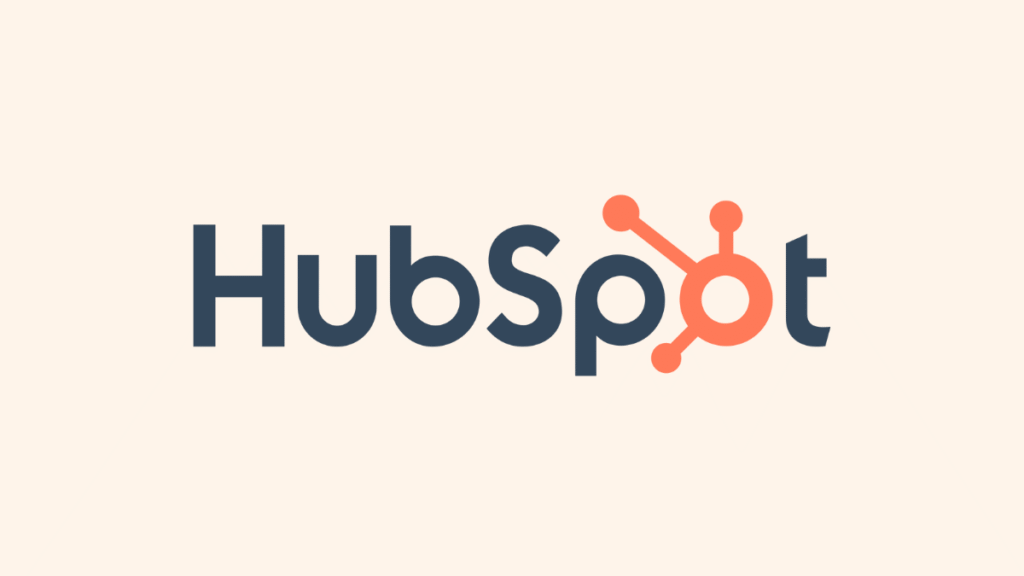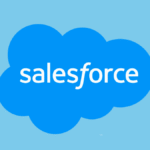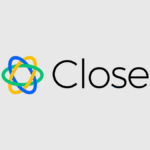Introduction
Hey there, online hustlers! Bored of managing customer leads, emails or sales data across messy spreadsheets or apps? It’s a total headache, right? Whether you’re a small business owner, a blogger seeking new gigs, or a startup founder looking to scale, juggling customer relationships can feel like a full-time job. But what if I told you there’s a solution that can automate all of marketing, sales, and support-in-one? And so enter HubSpot, the #1 AI powered CRM with the promise to help you grow better by doing what matters most: better serving your customers. So let’s cut into this HubSpot review 2025 and see for ourselves! This is designed for businessmen, bloggers to small teams who want to grow in 2025 with HubSpot’s free tools to scale their plans beginning in 2025. Stay tuned while we find out whether it is the best CRM for small business in 2025!

What is HubSpot?
So, what’s HubSpot all about? It’s a customers platform that uses AI to unify marketing, sales and customer service tools to help businesses grow “smarter, faster.” HubSpot was founded in 2004, and more than 258,000 businesses across 135+ countries now use the software, such as eBay, DoorDash and Reddit. Their tagline says it all: “Unify your growing business on one AI-powered system.” No matter whether you’re a small business, a blogger or a startup, HubSpot provides a free CRM (customer relationship management) that lets you manage leads, automate your marketing and even manage your customer support—all from one dashboard.
Top Features & Benefits
Let’s dissect the characteristics that make HubSpot the How Will CRM in 2025 Be to Blogger, Entrepreneur, and Small Business. Below you will find the best features, which are feature rich with benefits that allow you to save time and grow:
- Lead Management: Track leads, contacts, and deals with HubSpot’s Smart CRM. Great for bloggers with a mix of affiliate leads or startups with trials.
- Marketing Automation – Sell More and Work Less: With Marketing Hub, you can automate your email sends and social media posts, as well as your lead nurturing. Hours of outreach saved —AI even writes your emails!
- Sales Pipeline: Sales Hub provides a drag-and-drop pipeline for dealing management. Startups can close deals quicker with real-time insights and AI prospecting.
- Support: get help any time of day with Service Hub’s omni-channel help desk and Breeze Customer Agent. Perfect for small teams that want to elevate their customer service.
- Content Creation: Use on the fly AI powered tools via content hub to generate blog posts, landing pages and more. Entrepreneurs can develop a brand voice even if they lack a full-time writer on staff.
- Analytics & Reporting: Dive deep with custom dashboards. Monitor web traffic, deals and the tickets solved — HubSpot users reportedly close 55% more transactions in a year!
One startup that I know implemented HubSpot and lead management, and in one month their number of leads skyrocketed by 20 percent — evidence it works! John – Agency Booker “Hubspot’s analytics cleaned up our pipeline – sales up by 15%!” The email automation has doubled my engagement— I’m saving so much time!” shared another blogger, Sarah. With all these options, HubSpot is an all-around powerhouse for 2025 growth, particularly when it comes to small business and CRM 2025 needs.

Pricing & Value
Now, let’s talk money — HubSpot offers a variety of free (and paid) plans for businesses of all shapes and sizes. Here’s what the lineup looks like according to its official website:
Pricing Table
| Plan Name | Price | Features | Who It’s Best For |
|---|---|---|---|
| Free Plan | $0 | Lead tracking, email marketing, live chat | Solo bloggers & startups |
| Starter Bundle | $15 per User per Month | Marketing automation, sales pipeline, support | Small businesses |
| Professional | $890 per Month (5 Users) | Advanced analytics, forecasting, AI tools | Growing teams & agencies |

Is it worth it? The Free Plan is a no-brainer for bloggers just starting out – better than most freemium CRMs to be sure. The Starter Bundle is only $15 a month–cheaper than hiring a VA to work your leads! The $890 Professional plan is pricey, but the AI tools and analytics could be game-changers for growing teams. When it comes to value, HubSpot is in a league of its own for small businesses who are looking to grow without hiccups. Ready to try? Get HubSpot free tools
Notes: The Free Plan accommodates up to 1 million contacts – that’s super generous! Starter Bundle is an annual subscription with savings available to startups. Professional plans are expensive, but they provide you with advanced features such as predictive lead scoring. There’s no free trial for paid plans, but the free tools are a great way to ease your way into it. Prices could be different depending on the region — talk to a HubSpot rep for details.
Pros & Cons
But, let’s get real with HubSpot pros and cons so you can weigh it out.
Pros
- Free Plan Rocks: Manage up to 1 million contacts for $0 — great for bootstrappers.
- AI-Powered Tools: Breeze Agents handles prospecting, content, and support–massive time-saver.
- Scalable: Expands from startup to enterprise with plans for every phase.
- A Ton of Integrations: Connects to 1,700+ apps including Gmail, Shopify, and Slack.
- Useful: Intuitive designs, even for CRM novices.
Cons
- Costly Upgrades: Pro plan at $890/month is challenging for those with smaller budgets.
- Learning Curve: Automation and other advanced tools may be too much for newbies.
- Free Plan Restrictions: No omnichannel automation and HubSpot branding on emails.
- HubSpot is superb for small businesses that require a robust CRM, but if you’re an extremely small business or a company that wants very specific tools, you may have better options to consider.
Who Should Use HubSpot?
So, who is HubSpot best for? Let’s break it down!
- Freelancers: Keep track of client leads with email automation and analytics – perfect for the solo blogger trying to pitch those affiliate deals.
- Bloggers: An ideal CRM for bloggers to automatically follow up & track your contacts, & save hours every week.
- Startups: Scale sales and support as your business grows with Sales and Service Hubs.
- Small Business: Small business CRM 2025 requirements are covered thanks to all-in-one tools that support growth.
Not for whom? If you’re a pro coder who needs things just so or a tiny startup with no budget, you might think HubSpot is overkill. A friend of mine, a small business owner, implemented HubSpot’s lead tracking and experienced a 15% bump in sales in one month — evidence it works for the right audience.
Conclusion & Call-to-Action
What’s the final verdict? Best CRM 2025 for bloggers and businessesEarlier this month, we decided to test which crm is better for online businesses, as HubSpot is their biggest competition, I tried entering and creating an account on both, and wasn’t allowed to test the features of HubSpot, without entering my credit card information. Using the power of AI with tools like our Breeze Agents, marketing automation, lead management, and detailed analytics, it will optimize our workflow and deliver the results we’re looking for (55% more deals and 114% more web traffic in a year for HubSpot customers). It’s a no-brainer to start with the Free Plan and then scale as you grow. Whether you’re running down leads, automating emails or you’re setting up shop, HubSpot has you covered. Ready to scale your business? Try HubSpot’s free tools here
Affiliate Disclosure
This post contains affiliate links, meaning DigitalToolPro.com may earn a small commission on purchases made through them, at no additional cost to you. We only recommend tools that benefit entrepreneurs, bloggers, and small businesses like yours—thank you for your support!



